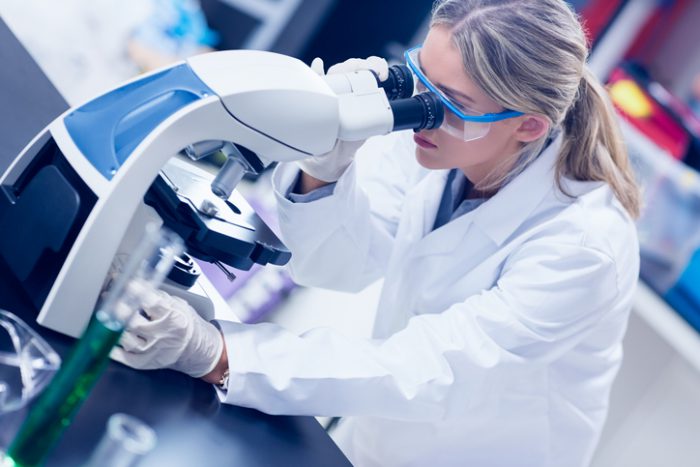
There is no cure for HPV, which also happens to be the most common sexually transmitted infection (STI). That can be disheartening to hear if you’ve been diagnosed with HPV, but it doesn’t mean you’ll be stuck with the virus forever.
Does HPV Go Away on Its Own?
In most cases, HPV doesn’t cause any symptoms or adverse health conditions. Your immune system will attempt to cure HPV naturally by suppressing the infection. In fact, more than 90% of new HPV infections become undetectable within just two years, including infections caused by high-risk HPV types.
Despite the fact that HPV “cures itself” most of the time, this STI still needs to be taken very seriously. The virus can remain dormant in the body and cause symptoms later on. If you’re infected with a high-risk strain that persists, you could get cancer of the cervix, vagina, vulva, penis, anus, or throat. The CDC reports that approximately 19,400 women and 12,100 men are affected by cancers caused by HPV every year.
Treatment Options
Despite the lack of an HPV cure, there are options for treating health problems caused by the infection.
Some strains of HPV lead to the development of genital warts. If the warts don’t go away on their own, prescription medications or surgical treatments can be used to remove them.
There are also dangerous strains of HPV capable of causing cancer. Treatment options are typically most effective when the cancer is detected early. For example, routine Pap tests can detect cervical abnormalities years before cancer develops. If further testing finds precancerous lesions, a number of treatment options can be applied, including cryotherapy, colposcopy, laser therapy, or a loop electrosurgical excision procedure (LEEP).
HPV Cure Research
You might be wondering if there’s an HPV cure on the way. There are no definitive findings yet, but a number of scientific studies have shown some exciting results. In one study, photodynamic therapy (applying a light-sensitive drug followed by activation with a specific wavelength of light) appeared to help suppress HPV-16 and HPV-18, which are considered to be two of the most dangerous HPV types.
A Phase II clinical trial is focused on AHCC as a possible immune booster that can help to provide long-term suppression of the virus, including persistent high-risk HPV infections. AHCC is a shiitake mushroom extract that has been studied for its potential to prevent and treat cancer. Although more research is necessary to definitively link AHCC to HPV suppression, the supplement provides a promising option for individuals interested in HPV natural cures.
Although you can’t get rid of HPV, there are options for treating the health issues it may cause. With potential treatment options currently being tested, there’s hope that upcoming clinical trial results could provide new options for men and women with HPV.
Sources
- Chapter 5: Human Papillomavirus (HPV) – Manual for the Surveillance of Vaccine-Preventable Diseases: Centers for Disease Control and Prevention, 2017
- Human Papillomavirus (HPV) Treatment and Care: Centers for Disease Control and Prevention, 2016
- Genital HPV Infection – Fact Sheet: Centers for Disease Control and Prevention, 2017
- Next Steps After an Abnormal Screening Test: National Cancer Institute: Understanding Cervical Changes, 2019
- Effectiveness of Photodynamic Therapy in Elimination of HPV‐16 and HPV‐18 Associated with CIN I in Mexican Women: Wiley Online Library, 2017
- Phase II Evaluation of AHCC for the Eradication of HPV Infections: U.S. National Library of Medicine, 2018
- AHCC: Memorial Sloan Kettering Cancer Center, 2019






